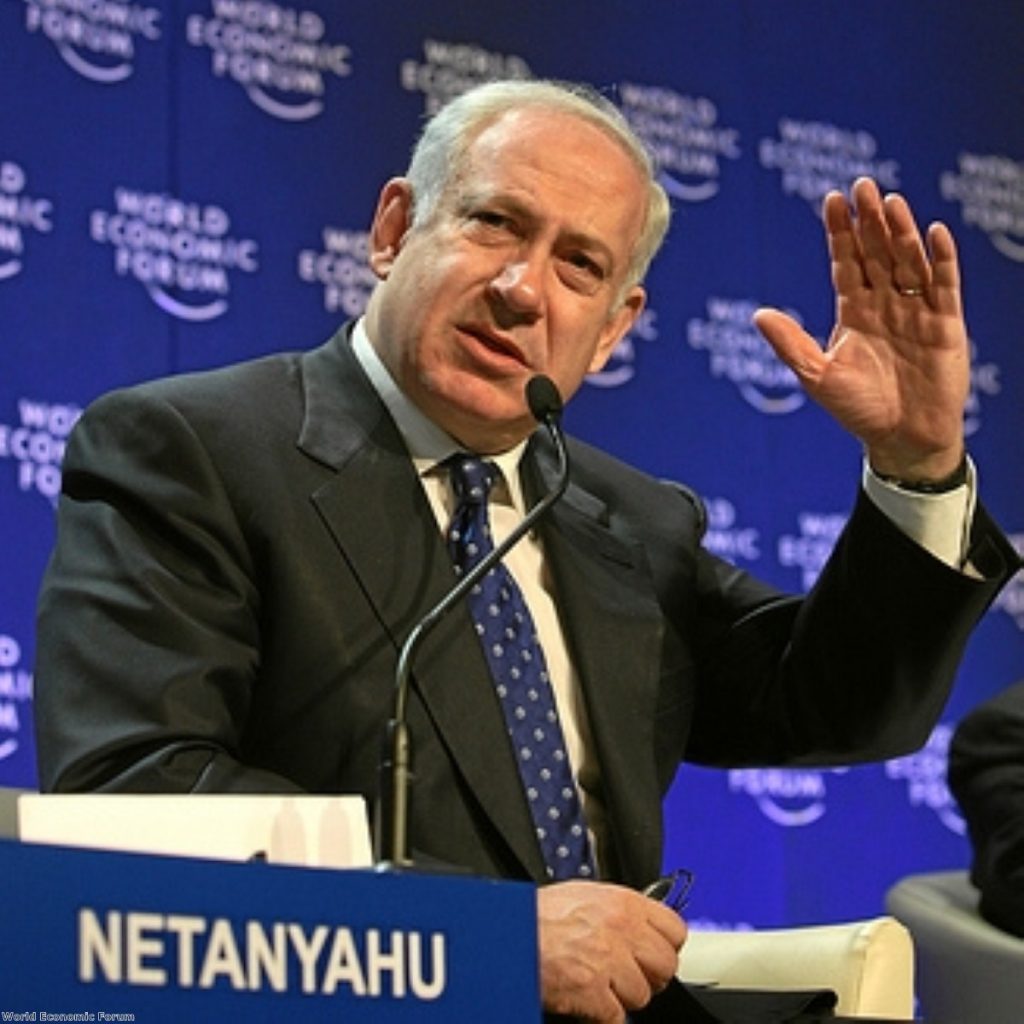UK’s war crimes threat over Israel still in place
Israeli prime minister Binyamin Netanyahu is understood to have raised concerns about British law during his visit to No 10.
A senior military attaché reportedly missed the trip to Britain because of fear of arrest under UK law, which allows a UK judge to issue an arrest warrant against anyone the judge believes may have been involved in crimes against humanity.
Yohanan Locker remained in Israel over his involvement in the 2008/09 offensive against the Hamas-controlled Gaza Strip, Operation Cast Lead.
The coalition government has amended the law requiring that the judge receive approval from the director of public prosecutions but this has not yet come into force.
Mr Cameron and Mr Netanyahu’s meeting concentrated on recent developments in the Middle East.
“I think while there are all sorts of uncertainties in your part of the world and all sorts of difficulties and dangers, I think it’s also a time of great opportunity and opportunity that I hope we’ll be able to seize and to push forward a peace process,” Mr Cameron said in a joint press conference at No 10 yesterday evening.
Mr Netanyahu said the fate of the Middle East “hangs in the balance” but was less enthusiastic about recent developments in the Palestinian territories.
Fatah and Hamas signed a formal agreement on Wednesday enshrining their plans to establish a new joint interim government and hold national elections within a year.
“This is a tremendous setback for peace and a great advance for terror,” the Israeli prime minister said. “Those who practise terror… are not partners for peace.”
Israeli reluctance to negotiate with the new Palestinian authority, on the grounds that Hamas does not recognise the state of Israel and harbour terrorists, is likely to result in increasing pressure from the Foreign Office throughout the summer.
Some diplomatic sources are suggesting Britain could even support an independence declaration if the Israelis continue to refuse to negotiate.
“Britain’s clear and absolute preference is for a negotiation to take place between Israel and the Palestinians which leads to a two-state solution which everyone endorses,” one source was quoted by the Guardian newspaper as saying.
“But at this point Britain is not ruling anything out. The more Israel engages seriously in a meaningful peace process the less likely it is that this question of unilateral declaration would arise.”
This is a busy period of diplomacy for Mr Netanyahu, who will visit Barack Obama at the White House on May 20th.





-01.png)